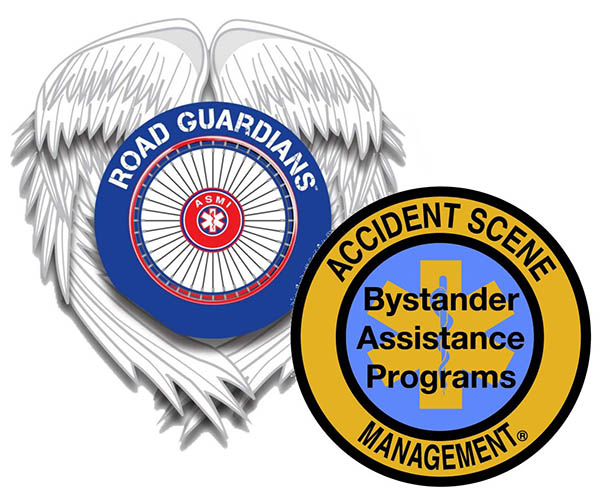Accident Scene Management / Road Guardians
Login |
(262) 706-3278
0
You have 0 items in your cart
§663-1.5 Exception to liability. (a) Any person who in good faith renders emergency care, without remuneration or expectation of remuneration, at the scene of an accident or emergency to a victim of the accident or emergency shall not be liable for any civil damages resulting from the person’s acts or omissions, except for such damages as may result from the person’s gross negligence or wanton acts or omissions.
(b) No act or omission of any rescue team or physician working in direct communication with a rescue team operating in conjunction with a hospital or an authorized emergency vehicle of the hospital or the State or county, while attempting to resuscitate any person who is in immediate danger of loss of life, shall impose any liability upon the rescue team, the physicians, or the owners or operators of such hospital or authorized emergency vehicle, if good faith is exercised.
This section shall not relieve the owners or operators of the hospital or authorized emergency vehicle of any other duty imposed upon them by law for the designation and training of members of a rescue team or for any provisions regarding maintenance of equipment to be used by the rescue team or any damages resulting from gross negligence or wanton acts or omissions.
(c) Any physician or physician assistant licensed to practice under the laws of this State or any other state who in good faith renders emergency medical care in a hospital to a person, who is in immediate danger of loss of life, without remuneration or expectation of remuneration, shall not be liable for any civil damages, if the physician or physician assistant exercises that standard of care expected of similar physicians or physician assistants under similar circumstances.
Any physician who supervises a physician assistant providing emergency medical care pursuant to this section shall not be required to meet the requirements set forth in chapter 453 regarding supervising physicians.
(d) Any person or other entity who as a public service publishes written general first aid information dealing with emergency first aid treatment, without remuneration or expectation of remuneration for providing this public service, shall not be liable for any civil damages resulting from the written publication of such first aid information except as may result from its gross negligence or wanton acts or omissions.
Automatic External Defibrillator:
House Bill 972 (2007)
Any person who successfully completes training under any AED program is not liable for any civil damages resulting from any act or omission while attempting in good faith, without remuneration or expectation of remuneration, to resuscitate a person in immediate danger of loss of life when administering any AED, regardless of where the AED that is used is located, except as may result from the person’s gross negligence or wanton acts or omissions.
Any person, including an employer, who establishes an AED program shall not be liable for any civil damages resulting from any act or omission of the persons or employees trained under the program who, in good faith and without remuneration or the expectation of remuneration, attempt to resuscitate a person in immediate danger of loss of life by administering an AED.
Any person who administers an AED program without remuneration or expectation of remuneration shall not be liable for any civil damages resulting from any act or omission involving the use of an AED, except as may result from the gross negligence or wanton acts or omissions.
Senate Bill 724 (2007)
An individual shall not be liable for any civil damages resulting from any act or omission resulting from any act or omission while attempting in good faith, without remuneration or expectation of remuneration, to resuscitate a person in immediate danger of loss of life, or reasonably believed by the individual to be in immediate danger of loss of life, when administering any AED, regardless of where the AED that is used is located, except as may result from the person’s gross negligence or wanton acts or omissions.
House Bill 2598(1998)
Nothing shall prohibit automatic external defibrillation by any first responder personnel certified by the Department of Health or any person who successfully completes training under an AED program administered by a physician. An “AED program” means an appropriate training course that includes CPR and proficiency in the use of an AED.
Any person who successfully completes training under an AED program administered by a physician and as defined in section 453-2 shall not be liable for any civil damages resulting from any act or omission while attempting in good faith, without remuneration or expectation of remuneration, to resuscitate a person in immediate danger of loss of life when administering an AED except as may result from the person’s gross negligence or wanton acts or omissions.
No person, including an employer, who establishes an AED program shall be liable for any civil damages resulting from any act or omission of the persons or employees trained under the program who, in good faith and without remuneration or the expectation of remuneration, attempt to resuscitate a person in immediate danger of loss of life by administering an AED.
